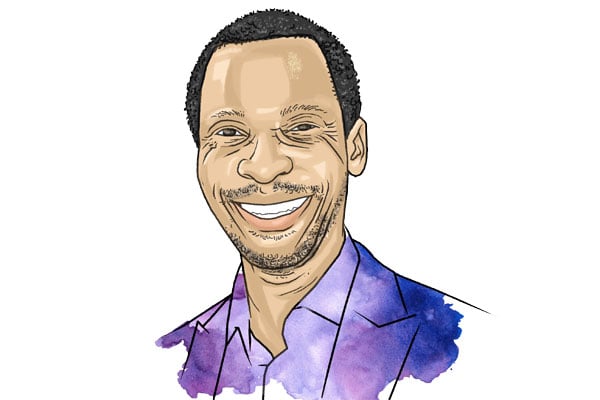Focus on industrialisation for wealthy economy - IMF

Youth make energy-saving stoves under the ‘Made in Uganda’ campaign aimed at promoting the cottage products. PHOTO BY STEPHEN OTAGE
What you need to know:
Government should attract more private investment into labour intensive industries.
Kampala.
The government should encourage Ugandans to uphold industrialisation as the future of this economy. As the country transforms from a subsistence-based economy to a modern one, the International Monetary Fund (IMF) says an industrialised economy will enable Uganda to sustain wealth creation within the next 10 to 15 years.
The IMF says although Uganda has been among the fastest growing economies in sub-Saharan Africa in more than two decades, economic transformation has not taken place.
Economic transformation
Economic transformation is the change in the structure of an economy over time from a subsistence economy, through industrialisation, to an industrial or even post-industrial society.
Presenting at a public lecture at Statistics House on Monday under the theme: ‘Africa opportunities and Challenges,’ deputy director of International Monetary Fund, African Department Roger Nord said structural transformation is urgently needed in Uganda’s economy for the country to join the ranks of middle income countries like Sri Lanka Malaysia.
“More structural transformation is needed in Uganda’s economy in the services sector, income distribution and efficiency in agricultural productivity for the country to sustain high economic growth in the next 10 to 15 years,” Mr Nord said.
Sub-Saharan Africa
Mr Nord said both the resource rich and non-resource rich economies in sub-Saharan Africa economies are performing well in terms of high GDP growth rate a development which is being categorised by the IMF as the fastest growing region with growth rate expected to be 5.5 per cent in 2013/2014.
“The big question is whether Sub Saharan African countries will be able to sustain this high growth rate without economic transformation taking place. From the IMF’s point of view point you are not going to sustain high economic growth, so it is time for economic transformation to take place in African continent to realise economic development,” he said.
Mr Nord said Africa is not immune to what is happening in the global economy, adding that Sub Saharan Africa economies are facing risks from the global perspective regional perspectives.
Bank of Uganda Deputy Governor Louis Kasekende said the nature of economic growth in Sub-Saharan Africa in the last decade has been problematic raising concerns over its long term sustainability.




